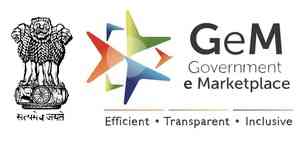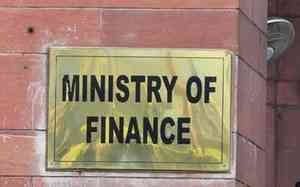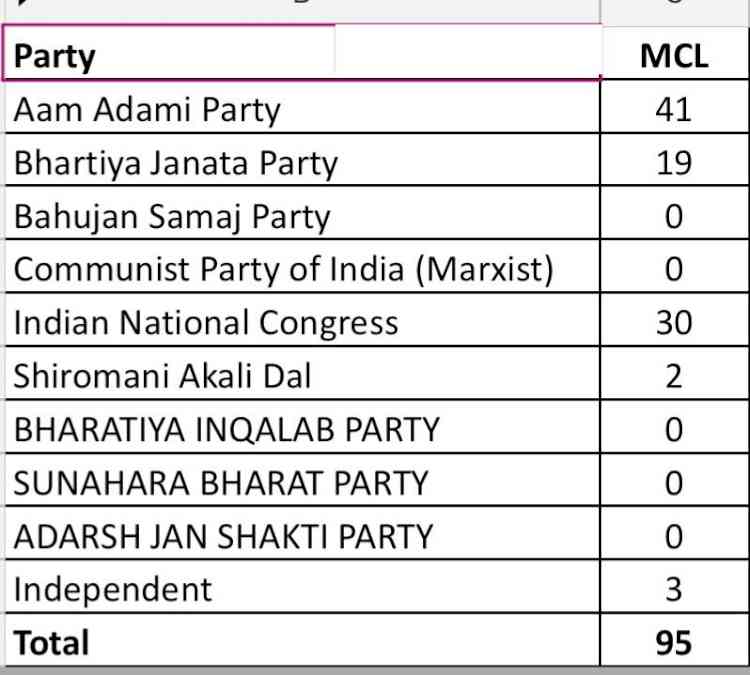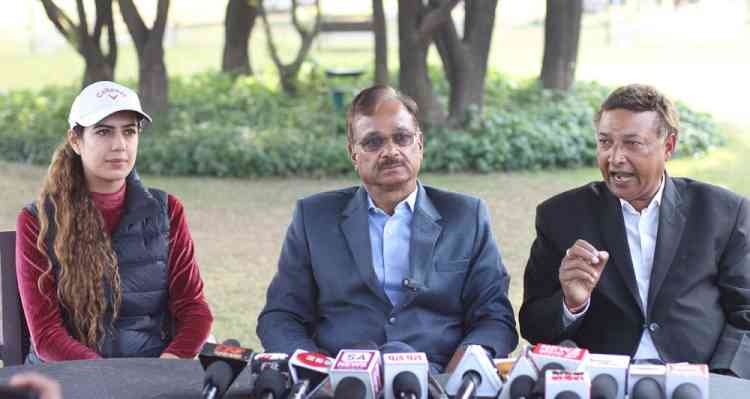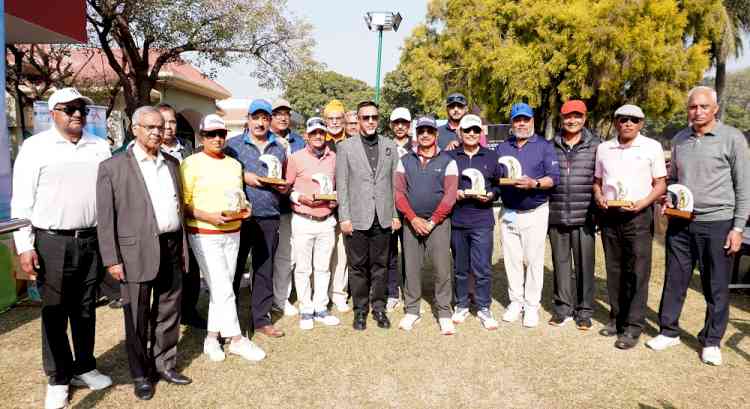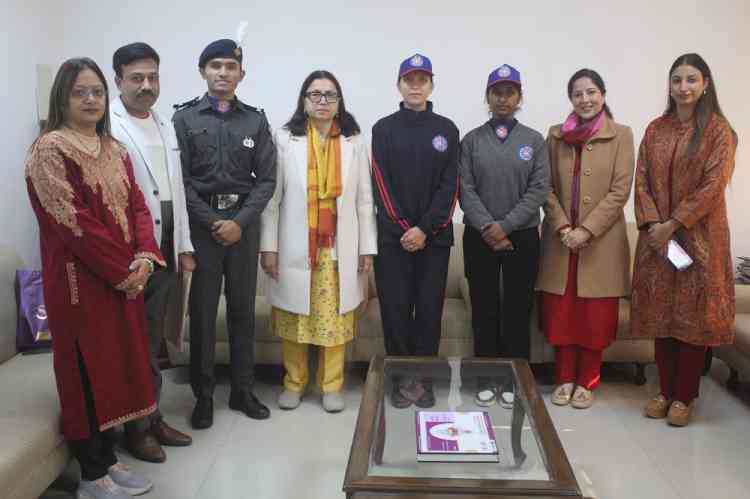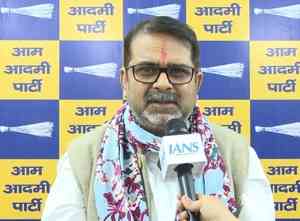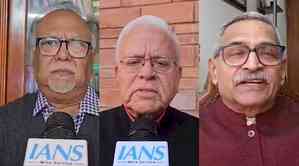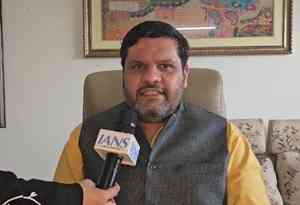AirPay Partnered with Oracle Hospitality
Author(s): City Air NewsAirPay India's only omnichannel payments company providing enterprise software as a service (SaaS) solution to its clients to accept inbound payments from consumers (C2B) and process outbound payments to pay vendors...


AirPay India's only omnichannel payments company providing enterprise software as a service (SaaS) solution to its clients to accept inbound payments from consumers (C2B) and process outbound payments to pay vendors (B2B) has partnered with Oracle Hospitality network to provide payment solutions for all its customers, especially as more and more transactions are now digital.
Amit Kapoor, CEO and Co-Founder, AirPay, speaks about how hotels can re-invent consumer engagement on their portals. “What’s on top of everyone’s mind? Bookings and payments. Everyone wants to present an omnichannel option to consumers who are constantly searching on social media platforms via their tablets, mobile phones, and computers. This provides an opportunity to engage the consumer there itself,” he says.
Speaking about the way he expects the Indian market to change, Kapoor adds, “The number of integrations that the IT team of a hotel manages is commendable, but as technologies change, consumers adopt them faster than anyone else. Data is key and we parse it real time so there is never a reason why you need to come back to the payment processor to know what the data is. What level of spenders were your cardholders? How effective were your campaigns? These things are important for you to know the next time you are doing a marketing campaign. You will be surprised that at a five-star hotel chain, the State Bank of India card is the most preferred card. It could just be because of the location you are in.”
Kapoor feels that the Indian market is currently a completely fragmented space with a different PMS and a different CIS. “Some big brands even have different solution providers for mobile just because they believe that the big guys take too long to deliver. If you have a call centre, most of them are very disconnected from the main CIS and the main reservation system because they still believe in working in batches,” he adds. AirPay claims to be India’s only omnichannel Saa S payments platform. “The goal is to become device and channel agnostic. The product itself is not an app, it is only a browser. It allows you to control permissions to your staff and you can control who can see what. We require 35 days to integrate with any partner. It is also for groups that are managed by someone else. The solution offers a single point-of-sale terminal. The customer never leaves the hotel’s page for payment. It also has integrated channel managers such as Expedia, Booking.com, etc.,” Kapoor explains.
Travis Macauley, Solutions Manager – Hotels, Oracle, says, “The Indian market is looking for updated solutions. I think the customer of today expects good technology in the business. All of the chains in India – Marriott, Starwood, Hilton, Hyatt, etc., are in unique locations outside of Delhi and Mumbai. Goa is a huge resort area and all of our customers are strategically located where people want to holiday. Better experience can happen through better technology.”
He underlines some of the factors affecting the industry globally, specifically technological factors. Speaking about online behaviour among consumers, he says, “We expect internet devices to reach a count of 50 billion by 2020. There will also be an exponential increase in mobile subscribers as well as expectations in guest experience.”
Some of the industry transformations include: cloud services, personalised loyalty programs, Internet of Things (IoT) such as in-room technology and presence on social media and the reaction time to feedback and complaints. Macauley also touched upon who ‘millennials’ are and why it is important for hotels to identify and attract them. According to him, 94 per cent of millennials prefer hotel confirmations and updates via email. They are more receptive to personalised messages and are impacted by online reviews. Almost 64 per cent of milliennials have downloaded and used a hotel mobile app. For India, he says, the WhatsApp tool is gaining immense popularity.
To this, Macauley adds, “The IT department of a hotel tends to stockpile old hardware. About 25 per cent of the total expense is spent on innovation, but 75 per cent is spent on maintenance, integration, and doing routine tasks, as per Forrester Research 2016. Hotels are migrating to the cloud technology because of its security and efficient back-up.”
He added that hotels should move to cloud because of the following reasons:
? No server logistics are required, so hotels save on installation and travel expenses
? It allows hotels to copy template data from one property to another
? It allows for reduced on-premise hardware leading to fewer installation days
? Being on cloud offers scalability if hotels are looking at expanding or downsizing
? It allows access from anywhere
Oracle’s Simphony Jay Sherman, Senior Manager, Sales Consulting, Hotel POS, Oracle Hospitality (Asia Pacific & Japan), speaks about Oracle’s next-gen POS solution called Simphony, which is an integrated business suite that can be customised as per the hotel. “Guests can order dinner as soon as they land in the city through a mobile application. Hoteliers can study the analytics and provide customised Offers. For instance, guests who order whiskey often can be sent offers on it. It is also a real-time operational and analytical tool that allows only that hotel to see the controls. So, permissions can be adjusted to include only those people who need access to it,” he explains.
Sherman adds that Oracle Hospitality has customers all over India, but mostly Delhi, where a lot of the larger hoteliers are headquartered. “The market itself is significant. It is merely a matter of signing up for our software as a service solution. Smaller restaurants or hotels can also benefit from this,” he says.


 cityairnews
cityairnews 
